REPORT
PermitSF legislation

Public Works code amendments
Status: Introduced on Dec 9, 2025:
- Allows projects that require tree planting to choose one of two options: either plant street trees in front of their property or pay an in-lieu fee. (Link to file 251211)
Status: Signed, effective Dec 22, 2025
- Removes the requirement that projects that include excavation submit a parking plan. (Link to file 250893)
- Reduces the required hearings for Commemorative Plaques in the right of way. (Link to file 250894)
Status: Signed, effective Dec 22, 2025
- Removes a blanket requirement for pollution liability insurance for projects, instead only requiring it if applicable.
Planning code amendments
Status: Introduced on Dec 9, 2025
- Allows sites to generate revenue or serve the community before construction starts, including using sites for parking, pop-up retail, or community programming. (Link to file 251213)
- Removes ground-floor commercial space requirements. Exempting affordable housing projects from mandatory ground-floor commercial space can give builders more flexibility, lower per-unit costs, and lead to more housing to be built. (Link to file 251213)
- Eliminates the planning department’s public hearing and re-entitlement requirements when projects require minor modifications. (Link to file 251212)
Status: Introduced on Sep 2, 2025
Scheduled hearing at the Historic Preservation Commission: Oct 15, 2025 (historic building legislation only)
Scheduled hearing at the Planning Commission: Oct 23, 2025
Additional hearings and vote schedule not yet confirmed
- Increases flexibility for historic buildings (Link to file 250886 )
- This legislation would relax the use restrictions currently in place for most Historic Buildings (listed on a local, state, or national register).
- This would encourage the adaptive reuse, preservation, and activation of the City’s historic buildings.
- Eliminates limitations on parking in residential driveways or front setbacks (Link to file 250887)
- Reduces CEQA fees for projects of $100M or more (Link to file 250888)
- Clarifies the timeline for zoning appeals (Link to file 250889)
- Aligns local rules for Accessory Dwelling Units with State law (Link to file 250892)
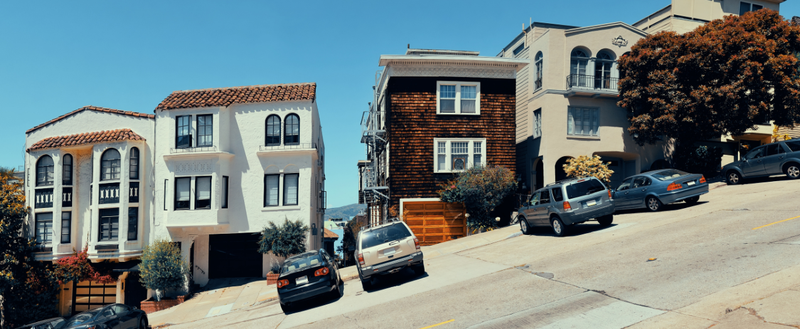
Building Code Reform
Status: Signed, effective October 30, 2025
- Reform the Slope and Seismic Hazard Zone Protection Act
- This legislation would remove a requirement that automatically mandates a detailed geotechnical study even if only a small a portion of a property is on a slope.
- State building code already provides a process for evaluating proposed construction on a slope to ensure the project can be built safely.
- Eliminates size limits from rooftop structures:
- This legislation would remove a requirement in the building code that prevents the construction of rooftop structures over a certain size, such as those that hold mechanical equipment.
- Removes a city requirement for driveway and sidewalk load
- This legislation would remove a requirement that residential driveways and sidewalks be built to exceed the state’s heavy truck standards for how much weight they can bear.
- Updates lighting efficiency standards
- This legislation will remove a 2010 requirement that helped San Francisco lead the nation in lighting efficiency.
- In 2012, the federal government adopted the same requirement, which made the city's regulation unnecessary and largely unenforceable.
Aligning local and state requirements on ventilation
Status: Signed, effective October 30, 2025
- Removes duplicative local standards
- This legislation accounts for state law that will go into effect in January 2026, rendering current local standards duplicative.
- Effective January 1, 2026, redefines "sensitive uses" subject to the City's enhanced ventilation standard to remove multi-unit residential dwellings.
- Codifies the requirement that all new buildings and major renovations of buildings that contain a sensitive use certify that the building’s ventilation system is capable of maintaining positive pressure.

Sidewalk usage
This legislation includes reforms to permitting of Sidewalk Tables and Chairs and Display Merchandise, and Minor Encroachment Permits for routine tenant improvements.
Status: Signed, effective August 16, 2025
- Sidewalk Tables and Chairs and Display Merchandise
- The legislation would eliminate the permit requirement for placement of tables and chairs and display merchandise on the sidewalk (public right-of-way). The permit application currently entails a fee, as well as providing a site plan and insurance documentation. Additionally, business owners are required to pay an annual renewal fee.
- Business owners would instead submit a simple registration form to SF Public Works, without a fee, and attest to understanding City guidelines for sidewalk furniture.
- Enforcement would be complaint-based, with administrative penalties that would accrue daily upon the second and subsequent unaddressed violation.
- Minor Encroachment Permits for Routine Tenant Improvements
- The legislation would eliminate the permit requirement for certain minor sidewalk encroachments, including:
- Door actuators and wheelchair lifts, or other elements constructed for compliance with accessibility standards, including the Americans with Disabilities Act (ADA).
- Utility fixtures, water spouts, standpipes, out-swinging doors, and security gates – which are affixed to a building.
- Any element affixed to a building extending no more than four inches into the public right-of-way.
- The legislation would eliminate the permit requirement for certain minor sidewalk encroachments, including:
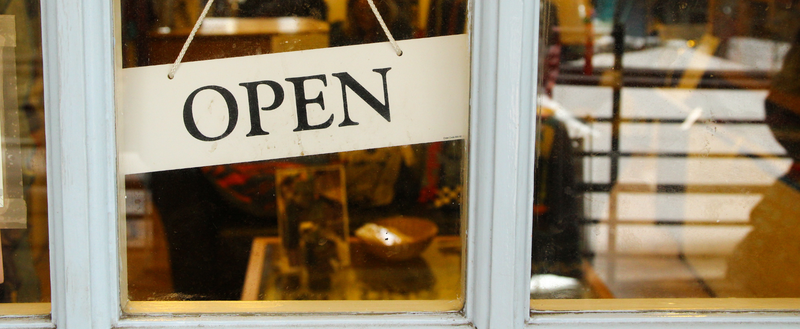
Business Signs | Storefront Transparency | Downtown Uses | Conversion of Office to Housing - Impact Fees
Status: Signed, effective August 31, 2025
- Business Signs
- The legislation would simplify business sign requirements by removing the permit requirement and fees for most common business signs, including:
- Business or identifying signs applied to building facades, windows and doors (.e.g, paint or vinyl stickers)
- Interior signs
- The legislation would simplify business sign requirements by removing the permit requirement and fees for most common business signs, including:
- Storefront Transparency
- Currently, ground-floor uses must have at least 60% of the windows and doorways transparent, allowing visibility to the inside of the building.
- The legislation would exempt certain critical uses from the City’s storefront transparency requirements, including:
- Child Care Facility
- Homeless Shelter
- Mortuary
- Religious Institution
- Reproductive Health Clinic
- School Use; and
- Social or Health Service Use proposed on-site with either a Homeless Shelter or an affordable housing project
- Downtown Uses
- The legislation will principally permit certain non-retail sales and service uses on the ground floor in the Downtown Commercial (C-3) Districts, including office, business services, and trade offices, through December 31, 2030.
- The legislation will ease the filling of non-ground floor vacancies within Residential-Commercial (RC) Districts by principally permitting retail sales and service uses on all floors and principally permitting non-retail sales and service uses at the second floor and above.
- Conversion of Office to Housing - Impact Fees
- The legislation will clarify that impact fees for waivers of conversion of non-residential uses to residential uses in the Downtown Commercial (C-3) Districts encompass all non-residential uses.
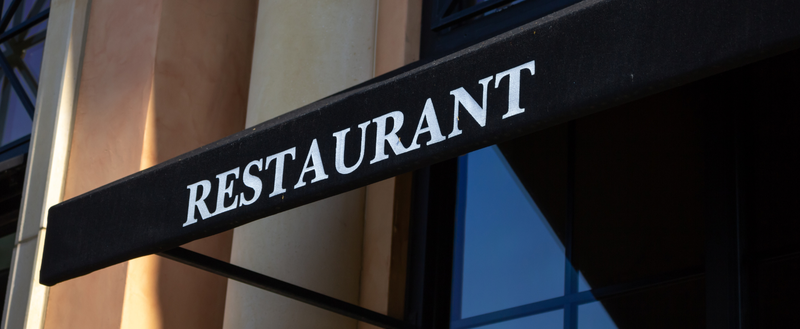
Awnings | Signs | Security Gates
Status: Signed, effective August 16, 2025
- The legislation adds security gates as part of the City’s existing amnesty program for awnings and signs.
- The legislation will also ease the City’s transparency requirements for security gates, allowing them to be 100% non-transparent. Historic Buildings would still be required to adhere to the 75% transparency requirement.

Nighttime and Entertainment permits
Status: Signed, effective August 16, 2025
- The legislation will reduce permit processing timelines for nighttime and entertainment uses by eliminating the routing of permits to certain departments where the review is not relevant to entertainment permits and is otherwise redundant.
- Extended Hours and Place of Entertainment Permits would no longer need to be reviewed by the Department of Building Inspection.
- Limited Live Performance and Fixed Place Amplified Sound permits would no longer need to be reviewed by the Planning Department.
- The legislation will reduce costs for events and venues by:
- Restructuring the permit filing fee for One Time Outdoor Amplified Sound permits (events with more than four hours of amplified sound), going from a tiered fee to a flat fee.
- Eliminating the permit requirement for ball or ring throwing games, dance halls, and masked balls.
- Clarifying that nonprofit and neighborhood organizations are eligible for permit fee waivers for One Time Event and One Time Outdoor Amplified Sound permits if the event is free and open to the public and the filing fee is more than 25% of the total projected budget for the event.
- The legislation will remove redundant noticing requirements for Limited Live Performance and Fixed Place Outdoor Amplified Sound permits.
- The legislation will align the Police Code with modern sound measurement standards and best practices.

Temporary uses
Status: Signed, effective August 16, 2025
- The legislation will simplify and clarify the duration of allowable temporary uses. Currently, there are 19 different types of temporary use categories. The Planning Code will be amended to clarify and expand the definition of “Retail Pop Up” uses, which are most common; expand the time under which certain uses can be in operation under a Temporary Use Authorization; clarify renewal periods and maximum duration; and allow seasonal campaign offices.
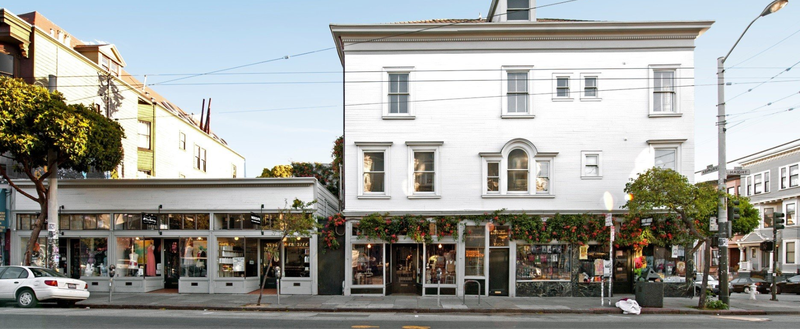
Priority permit processing for commercial permits
Status: Signed, effective August 16, 2025
- The legislation will consolidate two similar priority permit processing programs under the Planning Commission and Planning Department. Currently, the Planning Commission has its version of a priority permit processing program, called the Community Benefit Priority Permit Processing Program (CB3P). The Planning Department also manages a similar codified version. The two programs would be merged into one that is codified.
- The key benefit of the priority permit processing programs, which will remain, is to guarantee that a business needing a Conditional Use Authorization from the Planning Commission will have certainty over timing of their hearing – guaranteed to be held within 90 days of a completed and accepted application.
- The proposed legislation also updates the eligibility requirements to align with the CB3P, including:
- allowing formula retail uses with fewer than 20 locations to participate in the priority processing program; and
- disallowing Cannabis Retail uses from priority processing.
- Businesses from the North Beach Neighborhood Commercial District (NCD), North Beach Special Use District (SUD), and Calle 24 SUD will continue to be excluded from the priority processing program.
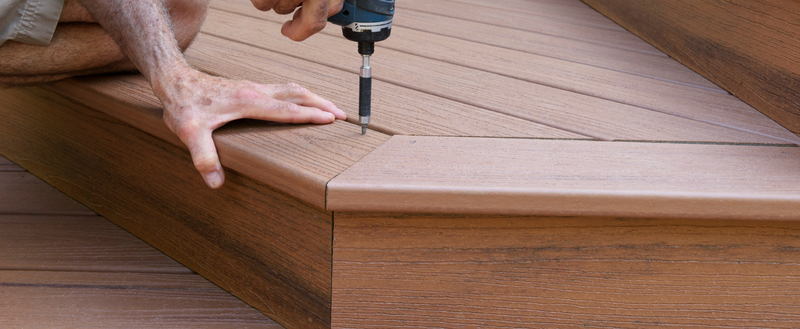
Variances for existing structures
(PermitSF collaboration with Supervisor Engardio)
Status: Signed, effective September 4, 2025
- The legislation will eliminate the requirement to obtain a variance from the Planning Commission to rebuild existing noncomplying structures, such as replacing a back deck or stairs.
- The legislation will also align the permissible size of accessory structures between Planning Department and Department of Building Inspection, which will be in better alignment with state law.

Reforming Health Department review
Status: Signed, effective August 31, 2025
- The legislation removes the requirement for the Department of Public Health to review and issue permits for laundry facilities and veterinary hospitals.
- The legislation reduces fees for certified farmers' market permits.